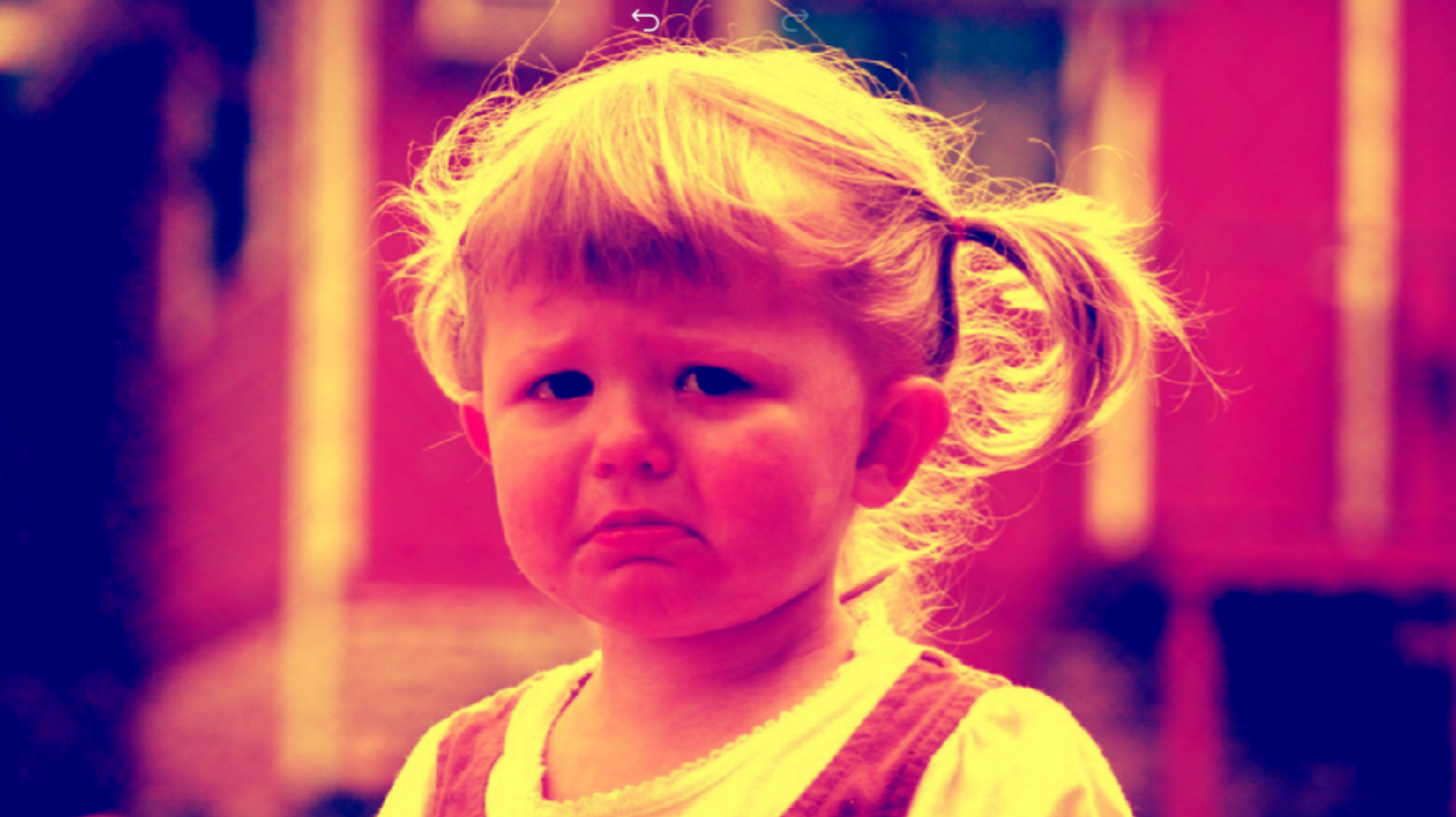
Source: No More Fake News
by Jon Rappoport
April 3, 2017
It all started with Barbra Streisand: people who need people
A cultural turning point.
The 1964 song, People Who Need People, composed by Jule Styne and Bob Merrill, made Barbra Streisand a star.
I remember radio stations playing the tune day after day. The sentiment of the lyric had people saying YES as they wiped their tears away. It was as if a repressed universal idea had suddenly emerged out of the subconscious of America, forming a new national anthem:
People who need people.
I couldn’t make head or tail of it. I felt like I’d suddenly moved to Mars.
But there it was: “People who need people are the luckiest people in the world.”
What?
Of course, the song moved on to talk about love and finding one very special person—sure, everybody was on board with love and romance—but even then we were told: “first be a person who needs people.” As if that were the pre-requisite for love.
People who NEED people. The stunner. The need was suddenly a marvelous plus. It wasn’t a problem. No, it was good.
Need is something that eats away at you. But don’t worry. Give in to the need. Be the need.
There is the implication that people who don’t need people are very unlucky. They might WANT the friendship and love of others, but that’s not enough. No, they have to need.
Need means “can’t do without.” If you thought that was a negative, you were wrong. Need is compulsion. But the “compulsion for other people” makes you exceedingly lucky. You just won the jackpot.
And how about this line from the song: “We’re children, needing other children.”
That’s the dead giveaway. Adults are trapped. You can’t be an adult and live your life with happiness. No. You’re really a child, and you have to admit it.
We’re all children, we’re needy children. Let’s all regress. Let’s have a society of needy children. Let’s be “dependent on our needs.”
Years later, we were given other messages that flowed from the song: It takes a village. Inner child.
People who want people, or people who love people—those lines wouldn’t have worked in the song. To hit the sweet spot, it had to be people who need people. That would create a sense of victimhood.
A new revelation. We’re victims. And that’s good. It leads us to love. That’s how we get there.
And since we’re all children needing other children, we need…parents. Isn’t that the implication? Doesn’t that follow? Who will be our parents? Certainly not the adults who raised us. That’s boring. That’s old hat. No, the parents will be some other Gentle Force.
The State.
As long as it’s a good State. And the only way we can guarantee that is by giving our consent to a government who does, in fact, see us as children, who knows we’re children (victims) with needs, and who will satisfy those needs.
Individual self-reliance, independence, determination, will power, creative force, accountability? Those are illusions. Old illusions. We use them to cover up our true condition as yearning children who need and must have other children. We’re “letting our grown-up pride hide all the need inside,” as the song goes. Aha. See a therapist today. Unload all that pride and bring out the inner child.
Of course, self-reliance, independence, determination, will power, and accountability, plus a boatload of talent, is how Barbra Streisand made it, how she became a smashing success. But with that song, she turned around and became the prophet of need for everyone else.
The 1964 tune that made her famous was a tremor in the culture. From that point on, it became fashionable and correct and even “psychologically accurate” for people to conceive of themselves as victorious victims.
Recall the key statement Karl Marx made popular (1875): “From each according to his ability, to each according to his need.” What could be clearer? I doubt Marx had a sense of humor, but had he been alive in 1964 and witnessed the reaction to Streisand’s People Who Need People, he surely would have cracked a smile, realizing that a schmaltzy lyric was raising from the depths, across America, the essence of his cruel philosophy, dripping like tears from a heretofore undiscovered infantile audience longing for a playpen utopia.
People
People who need people
Are the luckiest people in the world,
We’re children, needing other children
And yet letting our grown-up pride
Hide all the need inside,
Acting more like children
Than children.
Lovers are very special people,
They’re the luckiest people
In the world.
With one person, one very special person
A feeling deep in your soul
Says you were half,
Now you’re whole.
No more hunger and thirst
But first be a person
Who needs people.
People who need people
Are the luckiest people
In the world!
With one person, one very special person
A feeling deep in your soul
Says you were half,
Now you’re whole.
No more hunger and thirst
But first be a person
Who needs people.
People who need people
Are the luckiest people
In the world!

Truth Comes to Light highlights writers and video creators who ask the difficult questions while sharing their unique insights and visions.
Everything posted on this site is done in the spirit of conversation. Please do your own research and trust yourself when reading and giving consideration to anything that appears here or anywhere else.











